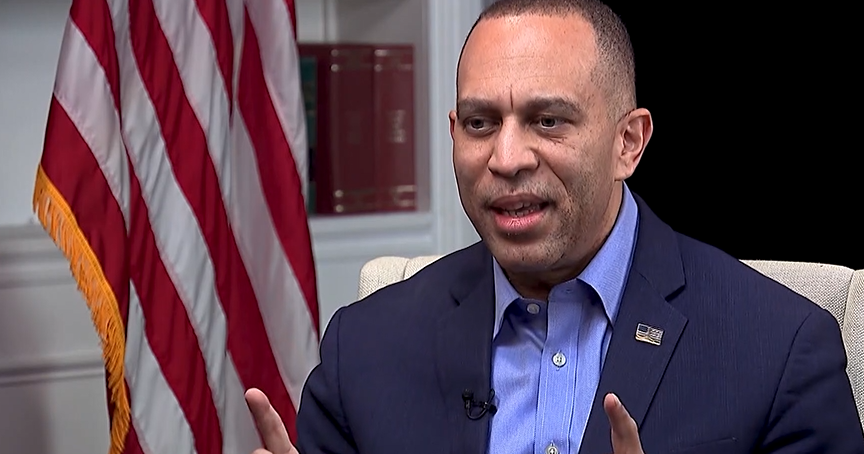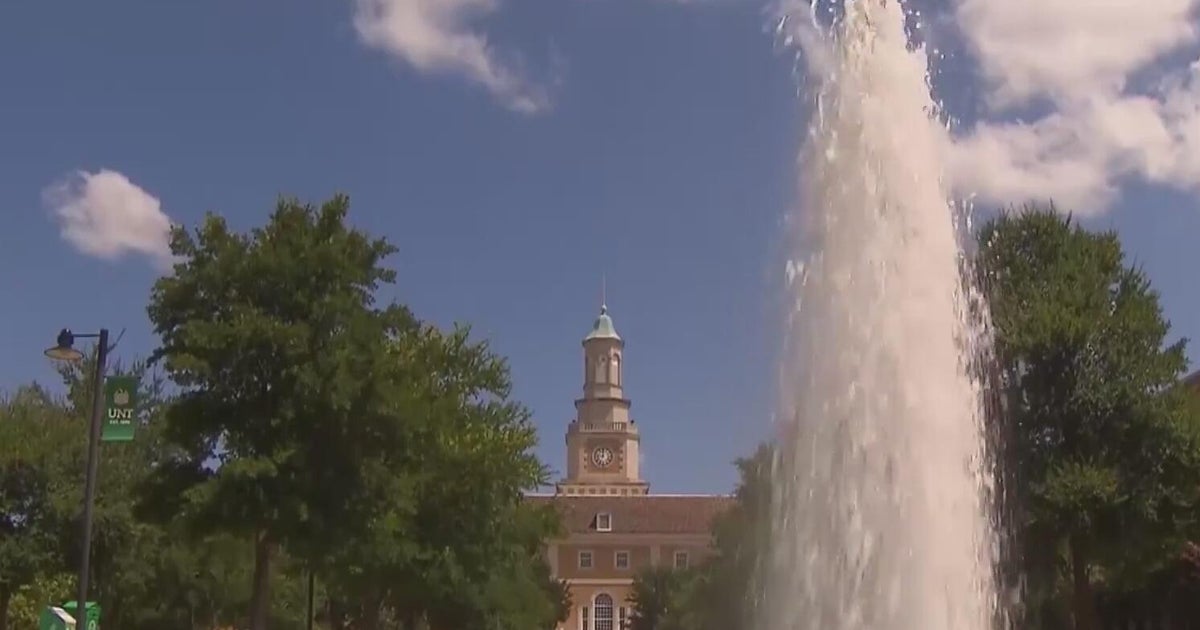What Is The Fiscal Cliff?
DETROIT (WWJ) - With the minutes and hours ticking away, there's still no agreement in Congress on taxing the wealthy and cutting the budget to avoid the fiscal cliff at the stroke of midnight. There seemed to be some progress being made as both the Senate and House are met on Monday.
While many people are sick and tired of hearing the term, as many others are confused by it. So, what exactly is the "fiscal cliff"?
The fiscal cliff refers to the economic effects that could result from tax increases, spending cuts and a corresponding reduction in the U.S. budget deficit beginning in 2013 if existing laws remain unchanged. The deficit, which is the difference between what the government takes in and what it spend, is projected to be reduced by roughly half in 2013.
What happens if we go off the fiscal cliff? Jill Schlesinger at CBS MoneyWatch says that, although that would not immediately trigger another recession, the spending cuts are structured to phase in over a decade, while the tax hikes could be reversed legislatively in Washington -- the measures would likely slow economic growth, with millions of Americans feeling the pinch.
The Congressional Budget Office estimates that this sharp decrease in the deficit would likely lead to a mild recession in early 2013, and nd CBS News Chief White House Correspondent Major Garrett reports that the Obama administration is ready to layoff federal workers if there's no agreement.
How would going over that figurative cliff affect Michigan's economy? Congressman David Curson, a democrat from Belleville, said it would be particularly devastating. "And the first thing that people stop buying in the face of a recession is big-ticket items such as cars and trucks, so Michigan above all other states will feel an immediate impact if we don't make a deal here," Curson said.
WWJ Newsradio 950 and Fox 2 Business Editor Murray Feldman agrees that Michigan would be hit hard. He said $55 billion in defense dollars would be cut -- that's about 9 percent of the federal budget.
"That would hit military operations, but also many of our defense companies Don't forget defense is a big part of Michigan's economy," Feldman said. "General Dynamics has already realigned its spending for 2013, and companies like Spartan Motors in western Michigan make chassis and engine parts for military and defense contractors, so there would be a ripple throughout the economy and throughout corporate Michigan."
Feldman said all of this could impact jobs and send both the state and national jobless rate a lot higher.
How much would falling off the fiscal cliff cost individuals in taxes? According to the Tax Policy Center, a nonpartisan research group, going off the cliff would affect 88 percent of U.S. taxpayers, with their taxes rising by an average of $3,500 a year. The reason is that Bush-era tax cuts are set to expire, which will bring the tax system back to 2001 levels. Also set to lapse are a 2 percent payroll tax cut and a series of other temporary tax cuts for businesses that President Obama enacted. These include the enhanced dependent care credit, enhanced child credit, enhanced adoption credit, enhanced earned-income credit, repeal of personal exemption phase-out, repeal of limit on itemized deductions, enhanced student loan interest deduction, and an exemption for mortgage debt forgiveness.
Schlesinger said there could be cuts in everything from infrastructure to schools, to public health and homeland security.
However, she said Social Security, Medicaid, supplemental security income, refundable tax credits, the children's health insurance program, the food stamp program and veterans' benefits are excluded from the cuts scheduled under the cliff, Schlesinger said. The White House has said that military personnel would be exempt from the cuts.
RELATED: Michigan Faces Economic Uncertainty With Fiscal Cliff Deal Delayed
Fiscal Cliff, YOLO, Boneless Wings Among 'Banished Words'
More about the fiscal cliff from CBSNews at this link.







